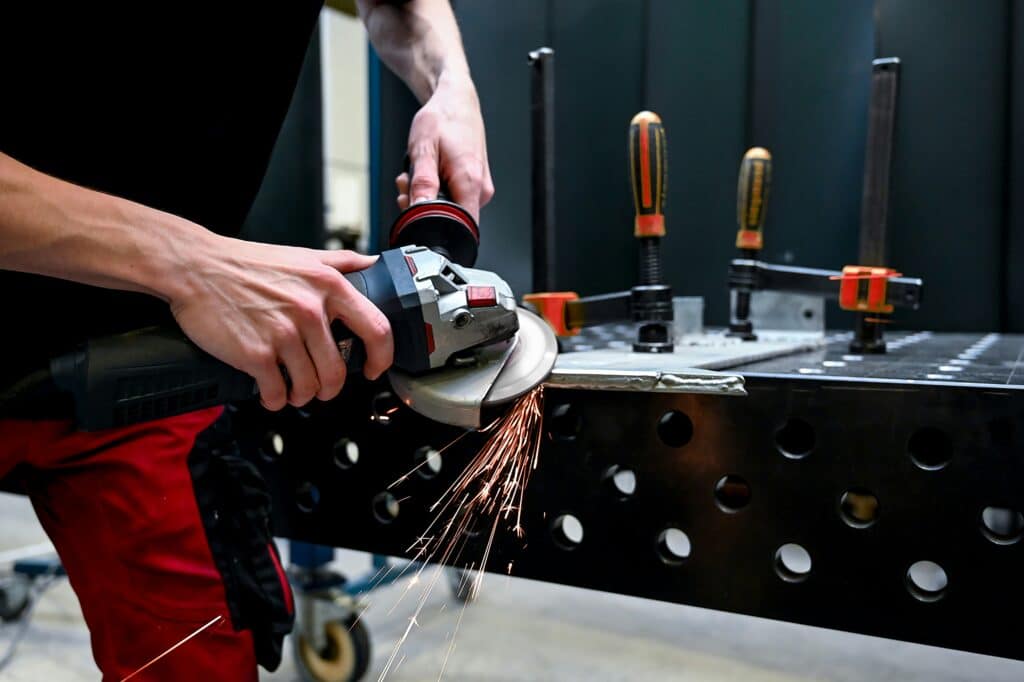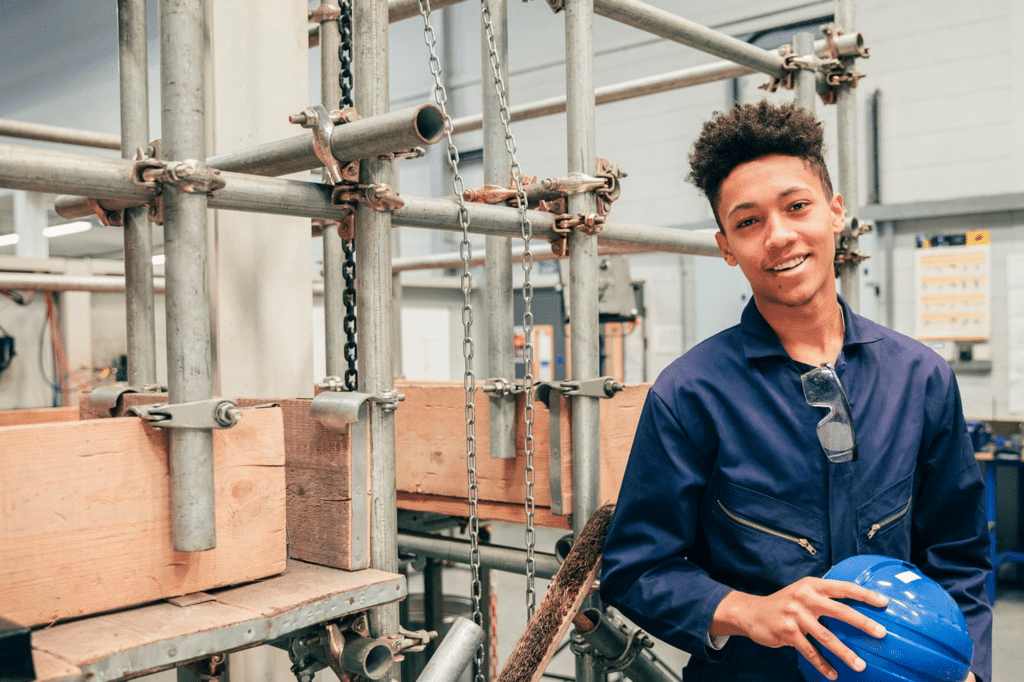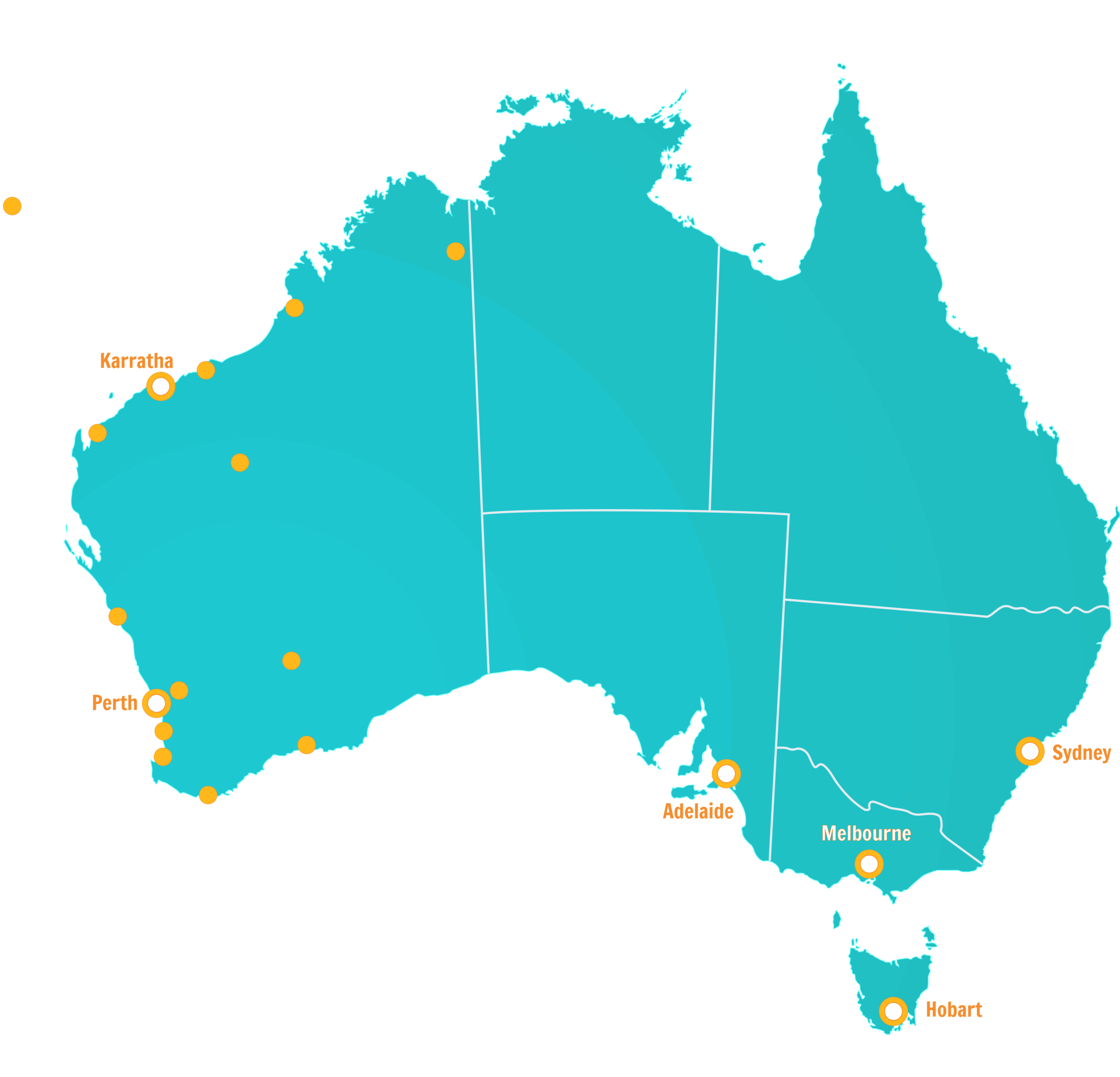Women are taking up, and completing, apprenticeships and traineeships at a faster rate than men, recent data shows.
The National Centre for Vocational Education Research (NCVER) reports, while there are more than twice as many males (30,705) in-training compared to females (13,590), female apprentices and trainees increased at a greater rate (12.5%) than males (8.3%), which is consistent with completion and commencement rates.

The number of women apprentices and trainees completing their qualification rose by 21.2% (3,995), whereas men went up by 11% (7,150 people).
But the difference in growth rates was most prominent for commencements, which increased by 12% among women (11,605) compared to just 0.8% (17,740) for men.
“The increase in females entering apprenticeships and traineeships is creating more diverse and inclusive workplaces and re-branding ‘tradie’ culture as a career where anyone can succeed, regardless of their gender,” says Carly Waterfield, Apprenticeship Support Australia (ASA) Manager.
“Access to trades for females is also an opportunity for greater financial independence and opportunities, particularly in WA within the mining and resources sector.”
National Skills Week’s (21-27 August) theme this year is ‘what are you looking for?’, focused on matching people’s career aspirations and their life to skills training through vocational education and training (VET). It’s also about inviting employers and industry to join the conversation with what they are looking for in their team and the role that VET has in this space.
Western Power is one business that has been progressively working to increase its number of women apprentices. It now has 19 across the business, including 11 apprentice electricians, four apprentice line workers, two apprentice cable jointers and two apprentice heavy diesel mechanics.
Natalia Smith, Western Power’s Head of Human Resources says, “women apprentices bring a range of different views, skills and capabilities”.
“In particular, we’ve noticed that diversity within our apprentice group brings an uplift in safety reporting, higher assessment scores in technical training, and a happier and more engaged workforce,” she says.
Women thriving in trades
Western Power receives largely positive feedback from its women apprentices, including Amy Hunt, who is a finalist in the 2023 WA Training Awards. She was also the 2022 Western Power Apprentice of the Year.
“I am really happy here, which is why I have accepted full-time ongoing employment and I am glad this is how it worked out,” Hunt says.
“I like how we’re doing something different every day and [am] able to work outdoors. The people here are pretty cool. I work with a good bunch of people who are very welcoming and inclusive.”
All Western Power’s apprentices are offered full-time roles upon the successful completion of their apprenticeship.
Waterfield says women are now seeing other females in similar trade roles to them that they can look up to.
“The discourse is slowly changing, gender roles are no longer firmly attached to jobs, the focus is now on where the person’s interest and skills lie and how apprenticeships and traineeships can upskill them to get on that career path,” she says.
Favourable career pathway for school students
“Particularly in more regional areas with a strong mining and resources presence, young women are walking up to our expo stalls at events in years nine or 10 and saying without hesitation, ‘I want to be a heavy diesel mechanic or an electrician’,” Waterfield says.
“On both a family level and broader social level, there is a better representation of women in trade, which supports younger generations to envisage themselves in these roles which are traditionally dominated by men.”
Higher university fees and greater indexation on university loans have also been reported to ASA as other reasons some women choose a trades pathway to gain a qualification with high earning capacity.
Female apprentices and trainees vital to WA
Amid a significant skills shortage in a tight labour market, Waterfield says “women have the capacity to fill a huge gap in the market and flip the male-dominated culture of trades”.
“Diverse workplaces are not simply ‘nice’ to have, they create more effective, robust and innovative teams and provide new income pathways for the economic success of women,” she says.
“Particularly in WA, where the mining and resources sector dominates our employment share, behind health care and social assistance, and construction – traineeships and apprenticeships play an extremely important role in upskilling the community to meet the current and projected labour demands of WA.”
Powered by CCIWA, Apprenticeship Support Australia (ASA), can facilitate employment, manage training and offer support and advice to companies seeking apprentices to boost their workforce. Contact ASA at [email protected] or phone 1300 363 831.







